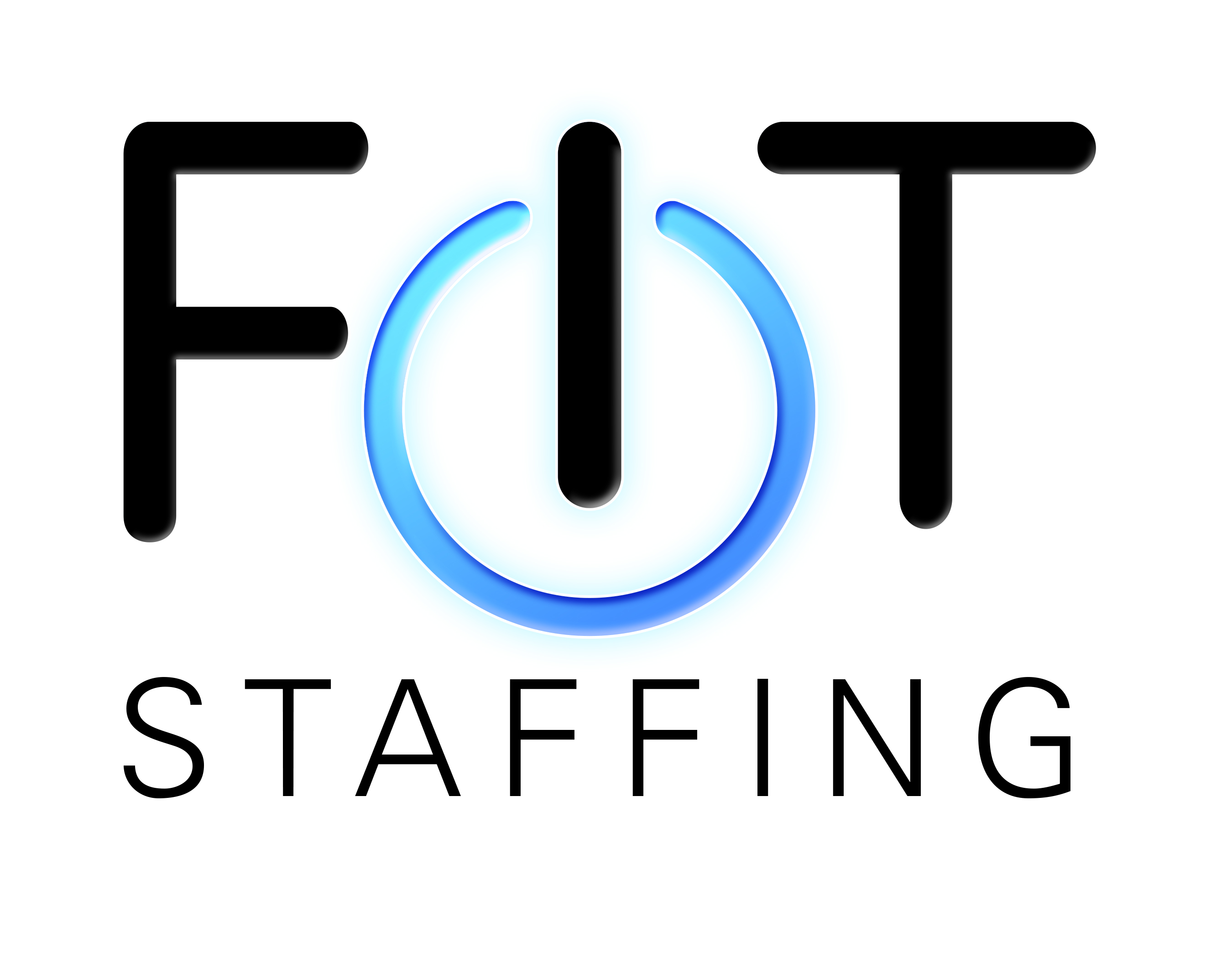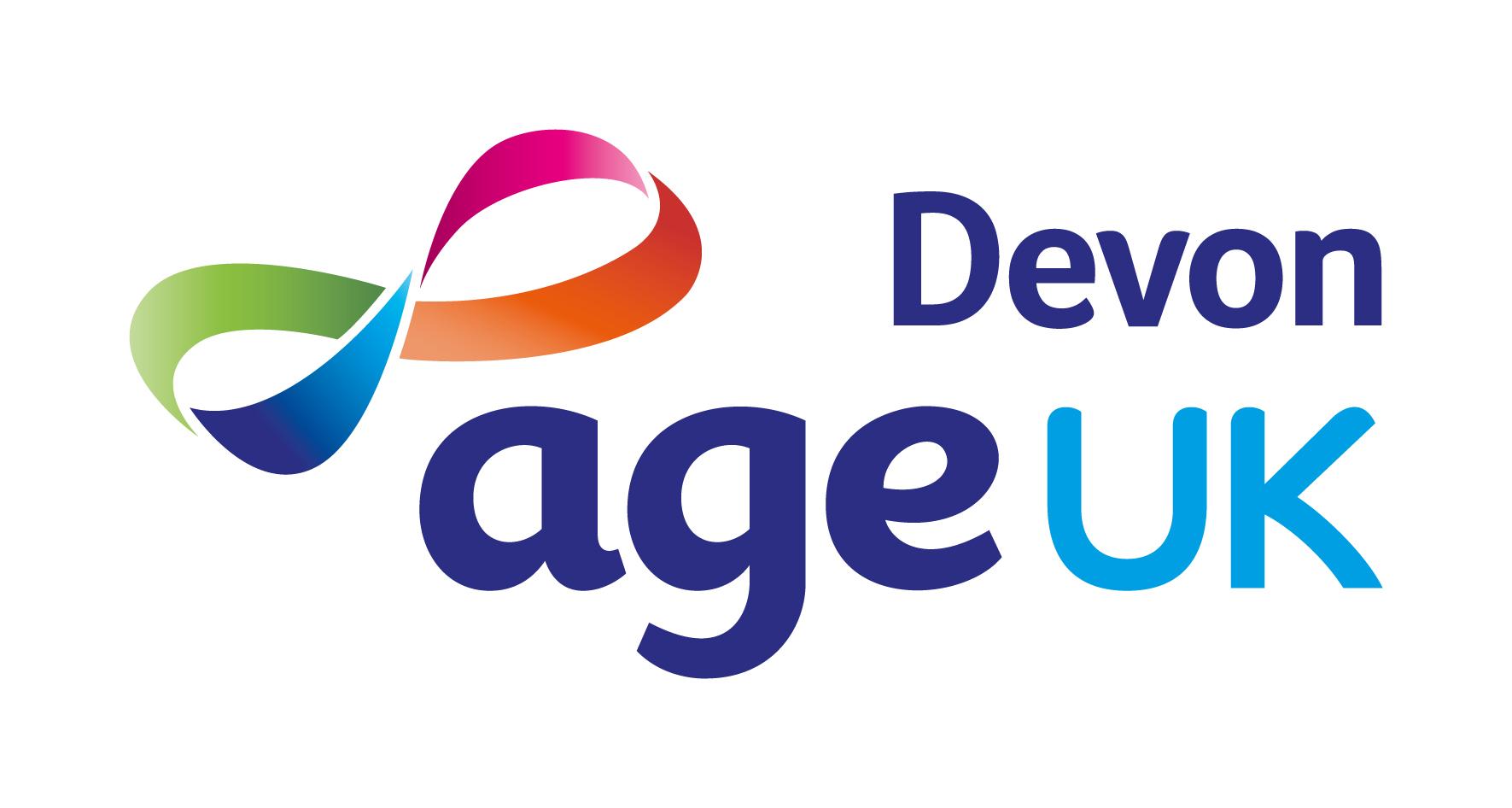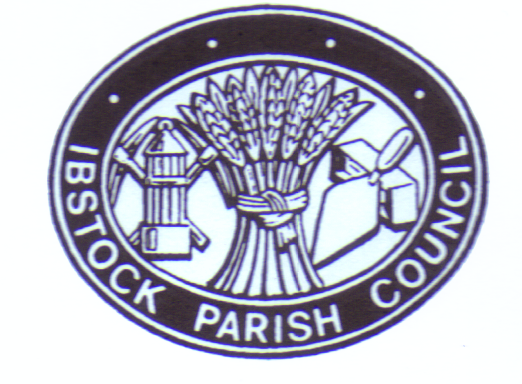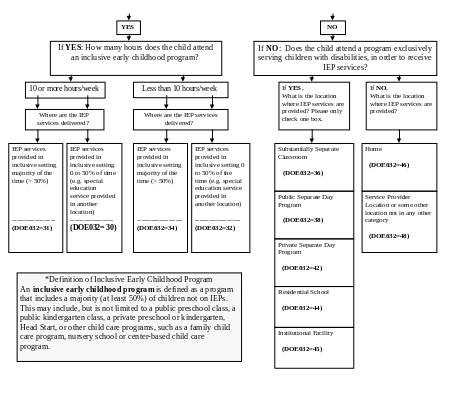CANDIDATE PREP PACKET 5 KEY THINGS FOR YOU TO
ALTERNATIVE VENUE CRITERIA IF A CANDIDATE NEEDSCANDIDATE MANUAL DIRECTOR ROLES AND RESPONSIBILITIES TABLE OF
(FOR PRIVATE CANDIDATE ONLY) MAI PERSIAN (SEMESTERIST) SESSION 201516
1 ANNEX II BIOGRAPHICAL DATA FORM OF CANDIDATES TO
1 BIOGRAPHICAL DATA FORM OF CANDIDATES TO THE COMMITTEE
1 POSITION EVALUATOR DATE CANDIDATE QUESTIONS CRITERIA SOUGHT WEIGHT
TWENTY GOOD ANSWERS TO HELP YOU MASTER EVEN THE MOST GRUELING EMPLOYMENT INTERVIEW

Candidate Prep Packet
5 KEY THINGS FOR YOU TO REMEMBER
1. No one word answers: you've passed the test on paper--now back it up in person
2. What you can do for them, not what they can do for you.
3. Be humble: assertive, not aggressive.
4. Display energy! People hire people they like.
5. SELL YOURSELF: This is the primary objective of the interview. Everything that you say must market yourself and personality as THE candidate for the job.
THINGS TO REVIEW
1. HISTORY OF EXPERIENCE
1. Account for any gaps
2. Legitimize all Reasons for Leaving
3. No negativity about any jobs, bosses, responsibilities, company etc.
2. CURRENT JOB
1. What is a typical day - be able to paint a picture with words
2. Responsibilities - describe in detail; don't take it for granted they have your resume
3. Accomplishments – describe in detail
4. What are you looking for in your next position - this answer should be general enough so as not to close you out of the opportunity.
3. STRENGTHS
Candidate must understand regardless of how the question is posed. He/she must get these points across!!!!
What are your strengths?
NOT VALID: “boyscout traits”: hard working, quick learner, people person, etc.
FOCUS ON WHAT YOU BRING TO THE TABLE
Numbers driven
Analytical abilities
Problem solver
Multi-tasking
Ability to interface with people at all levels
Organizational skills
Time management
Do not give a laundry list. Back it up with examples to distinguish yourself
*Match your confirmed skills with the job orders required skills...
Convince the hiring manager you have what they want.
4. WEAKNESSES
Use a weakness that you had in the past, identified and improved upon. This demonstrates ability to think critically of oneself, welcoming constructive criticism and show progressive thinking.
Make this a hidden strength
Avoid using “perfectionist”
Don’t answer “I have none”
5. COMMON QUESTIONS TO BE PREPARED FOR
What do you want to do?
Where do you see yourself five years from now? This answer must relate to where the position can progress to.
What are you looking for in your next position? This answer must relate to where the position can progress to.
What has been a problem that you have overcome?
What do you think of this role?
What do you do in your spare time?
What’s the last book you read?
6. QUESTIONS TO ASK
"So, do you have any questions for me?"
You should always have questions even if only to confirm what was already discussed.
Objective of a question on an interview is twofold--
1. To get a better understanding of position/culture/organization
2. Give you another opportunity to market yourself
Job function?
What would I expect in a typical day?
What is the structure of the dept--who reports into who?
How would you characterize the culture of the department/organization?
What are the essential characteristics you are looking for in the person that fills this position?
You should comment on every answer. Once again, this is a chance to market yourself!
f) Where do you see your business in 5 years?
7. QUESTIONS NOT TO ASK
Questions that beg "what's in it for me?"
Remember: the objective of the interview is to sell yourself on what you can do for them not what they can do for you.
Hours, Benefits, Growth, Salary – These questions will all be answered, but not on an initial interview.
8. SALARY
When asked, “What are you looking for?”
“Although I'm hoping for an increase, I am really focusing on the opportunity.”
“The money is definitely negotiable.”
If client pins you down to a number, give a realistic range. “The interviews I'm going on tend to be in the ________to _______range.”
Answer carefully as you can price yourself out of a job or cheat yourself out of money!
9. CLOSE
Always end the interview on a positive note!
Be gracious and thank the interviewer for his/her time
Show interest and ask for the next step in the interview process
Ask if they have any hesitation towards considering you as a candidate for this role
The client should never call us to say they liked you but couldn't read your interest level--you lose the edge if you don't express interest
Before
The Interview
What
you need to do
1.
RESEARCH THE ORGANIZATION
Find out some basic information about
the organization before you go for the interview. Search for any
recent press releases you should know about. You will be in a better
position to ask intelligent questions and you will impress the
interviewer with your initiative and your knowledge of the
organization.
2.
RESEARCH THE JOB
Employers often list more qualifications in the
job posting than can realistically be met by most potential
candidates. Frequently, this is done as a pre-screening device in
order to reduce the number of applicants for the position by setting
up artificial barriers. You should not allow this to discourage you
or prevent you from pursuing the position.
3. GO OVER YOUR RESUME
Know your resume like the back of your hand. If you answer a question based on your resume incorrectly, you can lose all credibility with the employer. Make sure you know the dates of employment for your previous employers. Your resume should be as close to perfect as possible. You should read over your resume before the interview so you will be confident answering any question based on it.
4.
PREPARE AND ANTICIPATE QUESTIONS
Anticipate questions that may
be asked of you in an interview. Prepare answers beforehand to some
of the more difficult or sensitive questions. This does not mean
memorizing responses or writing a script. It does mean planning the
points you want to make. Also, prepare questions you would like to
ask the employer. For example, "How do you evaluate job
performance?“
5.
PRACTICE GOOD COMMUNICATION SKILLS
It is important that you use
good communication skills during the interview. Focus on the
following:
Presenting yourself in a positive and confident manner
Offering a firm handshake
Speaking clearly and effectively
Listening attentively and maintaining eye contact
Avoiding
the use of unnecessary verbal and non-verbal distractions
6.
DRESS APPROPRIATELY
Dress professionally for the interview.
Remember that you don't get a second chance to make a first
impression. Your appearance should be neat and clean, pressed and
polished. Conservative business attire is appropriate for most
settings
7.
BE PUNCTUAL
Be
on time for
the interview. Plan to arrive about fifteen minutes early. Check in
with the interviewer or the secretary about five to ten minutes prior
to your scheduled appointment. Use your waiting time to check your
appearance, review the questions and answers you prepared, and read
any company literature that may be on display. Take advantage of this
time to get a feel for the work environment by observing the
surroundings and interactions among staff.
To be early, is to be on time.
To be on time, is to be late.
To be late, is inappropriate
GENERAL INTERVIEW ADVICE
Dress professional, you don’t get a second chance to make a first impression
During the interview is NOT the time to decide if you want the job or not.
The goal of the interview is to receive the offer so you will have a decision to make.
When asked what you are looking for in your next position, be sure to describe in terms of the job description and company direction.
Tell the employer why you want this particular position.
Tell the employer why you are qualified to fill this particular position.
Show interest. Ask for next step in the interview process.
Phone interview? Stand up while talking. Your voice will reflect if you are sitting and relaxing on the couch. Smile while talking. You can “hear” a smile over the phone.
GOOD ANSWERS TO HELP YOU MASTER EVEN THE MOST GRUELING EMPLOYMENT INTERVIEW
Most people make two devastating mistakes when being interviewed
Failing to listen to the question. Annoying the interviewer by either giving an answer to a question that wasn’t asked, or by giving out a lot of superfluous information.
The attempt to answer questions with virtually no preparation. The glibbest person on earth, even the most skilled debater, cannot answer questions off the cuff without damaging the chances for success.
Below you will find sixteen of the most asked questions-regardless of the job classification. If you study these questions carefully and develop a strong response for each one, your candidacy will receive prime consideration.
1. Why do you want to work here?
Because you have done your homework on the company, you know exactly why you want to
work there. Just organize you reasons into several short hard-hitting sentences. ex: “You make
the best product on the market today.” Your management is farsighted enough to reinvest the
company’s profits so that you will soon be the leader in this category.
2. Why do you want to change jobs?
This is one of the first questions interviewers ask. Be sure you are ready to answer it satisfactorily. If you are currently in a dead-end position, locked out of advancement opportunities, explain this. The interviewer will understand. If your job has become routine, and void of learning experiences, say so. If you feel your present employer is losing ground to competition through no fault of yours, the interviewer will also accept that. If you say that you hate your boss, you might also end up hating the interviewer. If you say you are bored, they’ll view you as just another job-hopper. Be careful.
3. Why have you changed jobs so frequently?
This question is crucial. In fact, an unsatisfactory answer to this one is among the top reasons why candidates fail to get the jobs they want. Convince the interviewer that your job-hopping days are over. If you feel it was a mistake leaving previous jobs so soon, say so, and at the same time remind the interviewer that your performance was never in question. Honesty is appreciated. If something in your personal or business life has recently changed and would affect your future stability, come right out with the facts.
4. What interests you most about this position?
Give a truthful-but-brief answer such as, “The challenge” or “The future”, “The environment” or “The competitiveness”. This response will force the interviewer to ask you to explain, giving you yet another opportunity to demonstrate your profound knowledge of the company.
5. What is your greatest strength?
Isolate high points from you background and build in a couple of the key value profiles from different categories. You will want to demonstrate pride; reliability and the ability to stick with a difficult task yet change course rapidly when required. You can rearrange the previous answer here. Your answer in part might be: “I believe in planning and proper management of my time. And yet I can still work under pressure.”
6. What is your energy level like? Describe a typical day.
You must demonstrate good use of your time. You believe in planning your day beforehand and that when it is over, you review your own performance to make sure you are reaching the desired goals. No one wants a part-time employee, so you should sell you energy level. For example, your answer might end with: “At the end of the day when I’m ready to go home, I make it a rule to always type one more letter (make one more call, etc.) and clear my desk for the next day.
7. How have you helped sales/profits/cost reductions?
Have your hero stories ready and be willing to prove that you have made significant contributions in one or more of these basic areas. Keep your explanations short and try to include specific dollar amounts.
8. How many people have you supervised?
Similar to the “hired/fired” question, the interviewer is trying to determine the depth of your experience. Do not exaggerate!
9. What are the reasons for your success?
It is best to keep this answer very general, permitting the interviewer to probe more deeply. Offer a short list of positive character traits that describe YOU. ex “I like to work hard.” “I get along with all kinds of people and I know how to listen.” Or “I pay close attention to details; I know how to watch costs and keep difficult customers smiling.”
10. What would you like to be doing five years from now?
To answer this question, make sure you know exactly what can or cannot be accomplished by the ideal candidate in you shoes. Too many job-hunters butcher this question because they have not done their homework and have no idea where their career will lead them. If you see yourself at another company or in another department of the company you are interviewing with, then tred lightly.
11. What kind of experience do you have for this job?
Summarize four or five key areas of experience you know you can bring to your new job. Demonstrate how each one will help the interviewer’s company solve their problems. For example, “My experience in new product introductions will be very helpful to your entire marketing effort” or “My industrial design background will strengthen yours sales-force capability in dealing with large clients.
12. What kinds of decisions are most difficult for you?
Be human and admit that not everything comes easily. But be careful about what you do admit. “I find it difficult to decide which of two good employees must be let go.” Or, “It is difficult for me to tell a client when he’s running his business badly.”
13. What are your biggest accomplishments?
Keep your answer job related. If you exaggerate contributions to major projects you will be accused of suffering from “coffee-machine syndrome”. The afflictions of the junior clerk who claimed success for an Apollo space mission based on his relationships with certain scientists established at the coffee machine.
14. What training/qualifications do you have for a job like this?
Deliver a short, fact-filled summary of your two or three most important qualifications. “I have a background in accounting. I’ve demonstrated proven selling skills. I’m capable of handling several projects simultaneously.”
15. How do you feel about your progress to date?
Never apologize for yourself. This is a good time to drop hero stories. “I think I’ve done well, but I need new challenges and opportunities.” “No one in my company has advanced as fast as I have.” “I think you’ll agree that I’ve accomplished quite a bit in the last five years.”
16. Why should I hire you?
The interviewer does not want a lengthy regurgitation of your resume. They do not want a barrage of facts and figures. They are interested in testing your poise and confidence. So give a short generalized summary like, “I have the qualifications to do the job that needs to be done and my track record proves it.”
162 CANDIDATE REFUSES TO JOIN THE APPOINTMENT NAME DELETED
2 1CPP FELLOWSHIP PROPOSAL – CANDIDATE RESPONSE TO HOST
2 Open to Internal and External Candidates Vacancy Notice
Tags: candidate prep, ideal candidate, things, packet, candidate
- IZJAVA IZVODITELJA AKTIVNOSTI NAVEDENIH U OPISU PROGRAMSKIH ILI PROJEKTNIH
- H ARMONOGRAM ZBIÓRKI ODPADÓW KOMUNALNYCH DLA GMINY OLSZANKA I
- DIRECTIVES OPERATIONNELLES DE LA BOAD GESTION DES TERRES ET
- CONVENÇÃO AMERICANA DE DIREITOS HUMANOS (1969) (PACTO DE SAN
- LESOTHO (JOB(02)99ADD20 VEANSE EL DOCUMENTO GTBTW186 ANNEX I) A
- P6TA(2004)0065 EUROPOS OMBUDSMENO VEIKLA (2003 M) PETICIJŲ KOMITETAS PE
- MORAN FACULTY CONTACT INFORMATION 141 HOPE HILL RD WALLINGFORD
- „A FELELŐSSÉG KÜLÖNÖS DOLOG MEGOSZTHATOD MÁSOKKAL DE A RÁD
- LINGUISTIK DARI WIKIPEDIA BAHASA MELAYU ENSIKLOPEDIA BEBAS LINGUISTIK
- A QUESTIONNAIRE ABOUT THE PROMOTING OUR EFFECTIVENESS IN WIC
- ESCREVA AQUI O CÓDIGO E O TÍTULO DO TRABALHO
- ATELIER NATIONAL ACCÈS AUX RESSOURCES GÉNÉTIQUES ET PARTAGE ÉQUITABLE
- CIRCADIAN RHYTHM OF BLOOD PRESSURE AND ENERGY STATE PATIENTS`
- NAME CLASS DATE THE GREAT DEPRESSION BEGINSNEW DEAL FLASH
- GEOMETRÍA DINÁMICA DEL TRIÁNGULO ÍNDICE 1 INTRODUCCIÓN 1 2
- POLIZA DE SEGURO POR DESEMPLEO O INCAPACIDAD TEMPORAL INCORPORADA
- COMMENTS ON BEHALF OF CEATAL TO THE INTERAMERICAN CONFERENCE
- GRUPA 6 DEKLARACJA UCZESTNICTWA W KONKURSIE PLASTYCZNYM „TURYSTYKA NA
- DOMESTIC ABUSE INTRODUCTION AND ACKNOWLEDGEMENT IN 2002 THE METHODIST
- ORKNEY RIDING CLUB MEMBERSHIP FORM NAME …………………………………………… NEW
- XXIX TORNEO DE AJEDREZ “VILLA DE ALMONTE” 2016
- MAKALAH PENGALAMAN USAHA “DISUSUN UNTUK MELENGKAPI TUGAS MATA KULIAH
- STEPBYSTEP COMMENTARY RECUSALDISQUALIFICATION OF MUNICIPAL COURT JUDGES FLOWCHART NOVEMBER
- IKAN LAYANG TERBANG MENJULANG SUATU PENGALAMAN MENULIS SEJARAH LOKAL
- HETEROTROPHIC ENERGY SOURCES FOR STREAMS I COMPONENTS A THE
- WHITFIELDMURRAY HISTORICAL SOCIETY QUARTERLY VOL 28 NO 1 SPRING
- CANTIDAD DESCRIPCIÓN IMÁGEN 1 MANIQUÍ DE PLANCHADO MARCA ROTONDI
- USING SCORING RUBRICS SCORING RUBRICS ARE EXPLICIT SCHEMES FOR
- ……………………………………………………………… MIEJSCOWOŚĆ I DATA LDZ WNIOSEK DO ŁÓDZKIEGO WOJEWÓDZKIEGO
- 44 EGYPTIAN – SPANISH INFORMATION TECHNOLOGIES INNOVATION PROGRAMME ESITIP
TECHNOPOLITICS NEW TECHNOLOGIES AND THE NEW PUBLIC SPHERES
HR NO 48 HR NO 48 R E S
 APPETIZERS C & D CRAB DIP SERVED WITH TOASTED
APPETIZERS C & D CRAB DIP SERVED WITH TOASTEDBIZKAIKO FORU ALDUNDIA SAILA HERRI LANAK DIPUTACION FORAL
 VOLUNTEER ROLE OUTLINE IT VOLUNTEER BECOMING AN IT VOLUNTEER
VOLUNTEER ROLE OUTLINE IT VOLUNTEER BECOMING AN IT VOLUNTEER S WORN OWNER’S STATEMENT TO PAGE OF
S WORN OWNER’S STATEMENT TO PAGE OF PETROLEUM ENGINEERING MS DEGREE REQUIREMENTS THESIS OPTION
UREDNIŠTVO GODIŠNJAKA TITIUS PODSJETNIK (OKVIR) ZA PISANJE RECENZIJA I
KODEKS CYWILNY (TEKST JEDN DZU Z 2020 R POZ
CONDICIONES DE PUESTA EN OBRA 01 MODULACION Y REPLANTEO
DOCUMENTO PRIVADO DE ACEPTACIÓN DE CARGO YO DDª …………………………………………………………………………………………………………
 M INUTES OF THE MEETING HELD ON WEDNESDAY 6
M INUTES OF THE MEETING HELD ON WEDNESDAY 6FORMATO DEL ANEXO X (EN PAPEL MEMBRETADO DE LA
PRZYKŁADOWE PYTANIA DOTYCZĄCE II WOJNY ŚWIATOWEJ DLA UCZNIÓW KLAS
 REPORT ON CPU COALITION FORMATION XIN LI JUAN LUO
REPORT ON CPU COALITION FORMATION XIN LI JUAN LUO2 ORDENANZA Nº 1037999 EXPTENº 1148499HCD VISTO LA NOTA
RADICACIÓN N° 05001310301620020000701 CORTE SUPREMA DE JUSTICIA SALA
DICHIARAZIONE SOSTITUTIVA DI CERTIFICAZIONE (ART 46 DPR N445 DEL
 EDUCATIONAL ENVIRONMENT PLACEMENT – PL2 35 YEAR OLDS
EDUCATIONAL ENVIRONMENT PLACEMENT – PL2 35 YEAR OLDS IV COMISIÓN INTERAMERICANA DE DERECHOS HUMANOS OEASERLVII DOC 5
IV COMISIÓN INTERAMERICANA DE DERECHOS HUMANOS OEASERLVII DOC 5